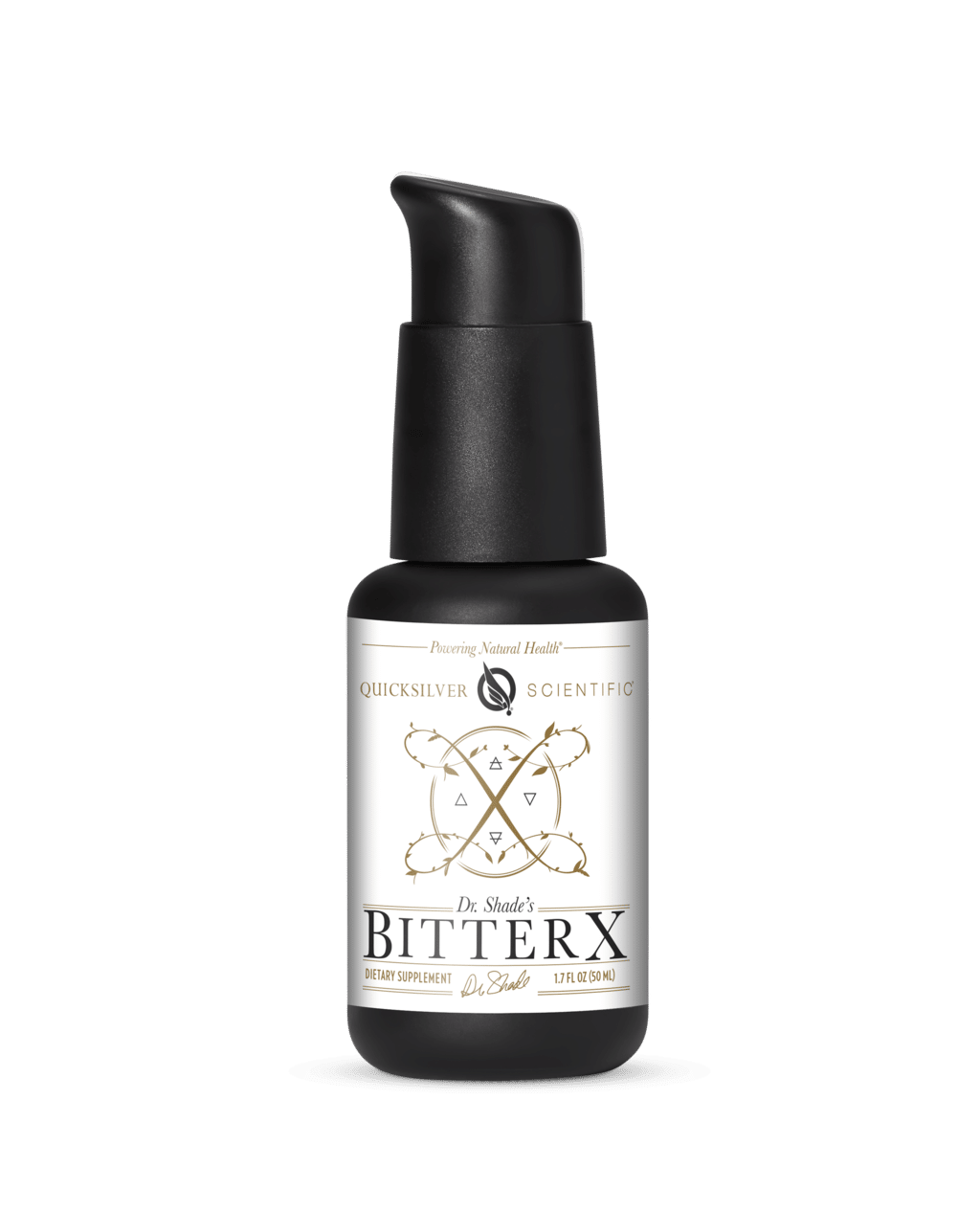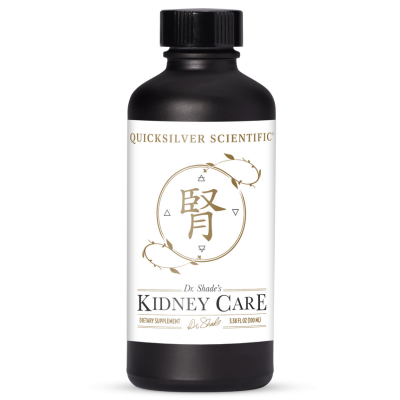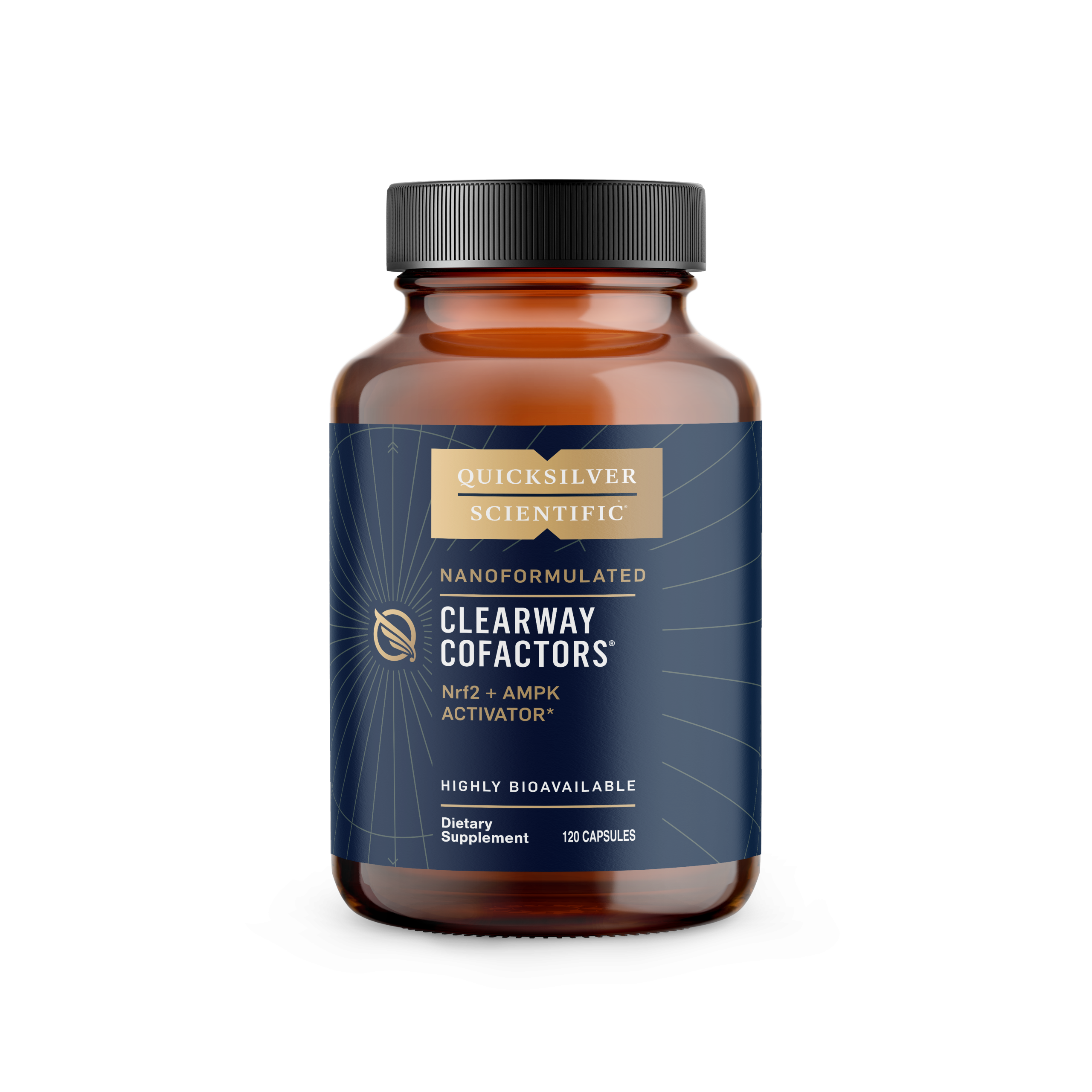
Dandelion
Traditional medicine practices have used dandelions for thousands of years to treat ailments ranging from acne to liver disease to digestive disorders.
What is dandelion good for?
Dandelions are infamous for invading our yards each summer. Suppose you were to blow on a dandelion and make a wish for a natural nutrient which has it all. It would be sitting in your hands. These bothersome weeds are in fact as nutritious as any vegetable growing in your garden.
- Every part of a dandelion contains nutrients that provide myriad health benefits, including the root, stem, and flower
- The root is a good source of soluble fibre that helps support healthy gut bacteria
- The flowers contain polyphenols, which are plant compounds that could potentially help prevent blood clots, reduce blood sugar levels, and lower heart disease risk
- Studies have shown that dandelions may help combat constipation by increasing stomach contractions and the rate of emptying the stomach contents into the small intestine
- In another study, mice treated with dandelion extract experienced dramatically reduced cholesterol and triglyceride levels
- Cell culture studies suggest dandelion extracts are also great for your skin
- Dandelion leaf and flower extracts have been shown to protect skin cells exposed to ultraviolet irradiation
- And dandelion root extract can increase the generation of new skin cells, which slows skin aging
Dandelion tea
Dandelions are most often consumed as a supplement or tea. They are also safe to consume raw or cooked. Every facet of the dandelion, from its roots to its vibrant blooms, is a veritable goldmine of nutrients, delivering a multitude of health advantages.




